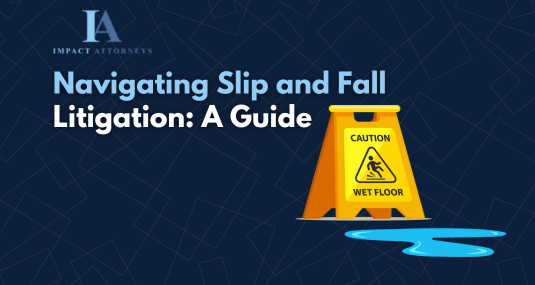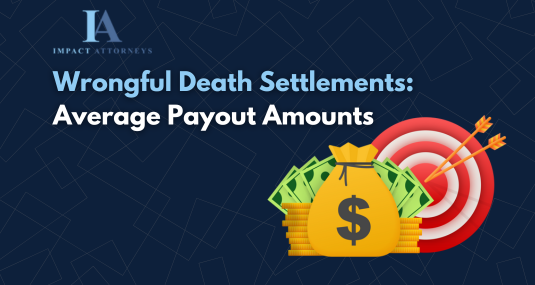If you live in California, you have the right to access public records under the California Public Records Act (CPRA) (Gov. Code, § 6250, et seq.). The CPRA ensures that the public has the right to access records maintained by state and local agencies, unless those records are exempt from disclosure.
Making a request for public records can seem intimidating, but it is a relatively simple process and public agencies are required by law to assist requestors obtain the records they are seeking. In this blog post, we will outline the steps you need to take to prepare a successful California Public Records Act request. If you’re looking for a template CPRA request form you can send to a public agency to request documents, you can find one here: http://localhost/impact/sample-california-public-records-act-cpra-request/.
Step 1: Determine what type of records you are looking for
Before you begin your request, it is important to have a clear understanding of what type of records you are looking for. The CPRA applies to any records that are maintained by state or local agencies, with some exceptions. Some examples of records that may be available under the CPRA include:
-
- Meeting minutes and agendas
-
- Budget documents
-
- Environmental impact reports
-
- Emails and correspondence
-
- Contracts and reports
-
- Data maintained by the public agency
Step 2: Find out which agency maintains the records you are looking for
Once you know what type of records you are looking for, you need to determine which agency maintains those records. Different agencies are responsible for different types of records, so it is important to identify the correct agency for your request. You can find out which agency maintains the records you are looking for by contacting the agency directly or by searching online for information about the agency’s responsibilities.
Step 3: Make your request in writing
Under the CPRA, requests for public records must be made in writing. This means that you will need to prepare a written request that includes all of the information necessary to identify the records you are seeking. Your request should include:
-
- A clear and specific description of the records you are requesting
-
- The dates of the records you are requesting (if applicable)
-
- Your contact information, including your name, address, and phone number
It is also a good idea to include any other relevant information that may help the agency locate the records you are seeking.
Step 4: Submit your request to the appropriate agency
Once your request is prepared, you will need to submit it to the appropriate agency. You can submit your request by mail, email, or in person. Make sure to keep a copy of your request for your records.
Step 5: Wait for a response
Under the CPRA, agencies have 10 business days to respond to your request. If the agency is able to provide the records you have requested, they will either provide the records to you or let you know how much it will cost to obtain the records. If the agency is unable to provide the records, they will let you know why.
Conclusion
Making a California Public Records Act request is a simple process that allows you to access important information about the operations of state and local agencies. By following the steps outlined above, you can prepare a successful request and get the information you need.
Contact us if you need help sending a CPRA request or if a public agency has refused to disclose records.
Get a Free Case Evaluation
If you have any questions about coverage or a claim, give us a call at 818-350-2349 or request a call back to speak to one of our attorneys today.






